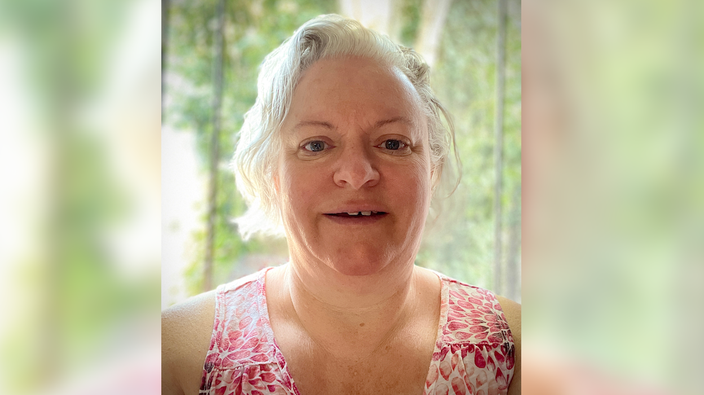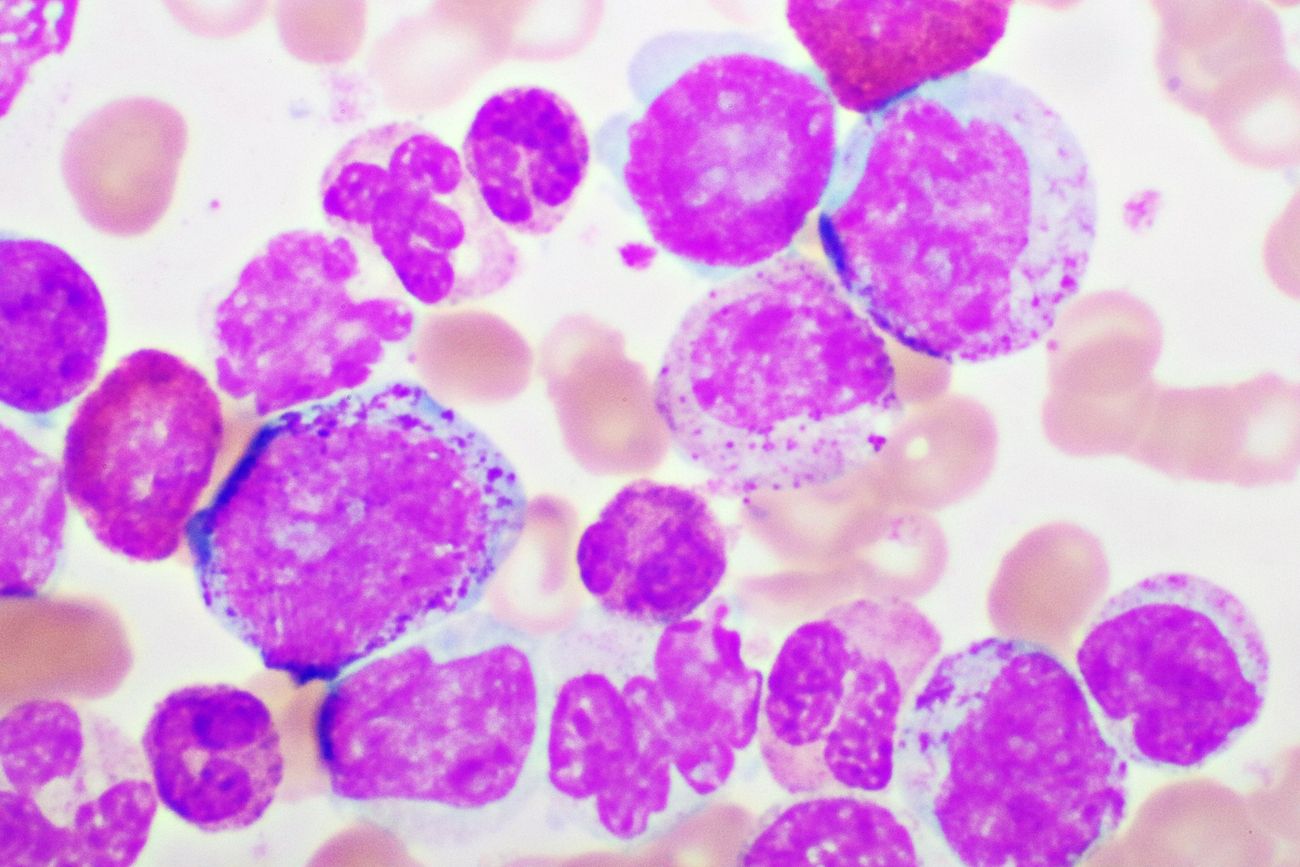leukemia: do you know the signs?
leukemia occurs most often in adults after the age of 55, but it is also the most common cancer diagnosed in children younger than 15.
does a cancer diagnosis raise the risk of diabetes?
certain specific kinds of cancer appear to increase the diabetes risk, according to a new study.
machado: why do cancer patients have to jump through hoops to get life-saving medication?
why does someone with cancer in b.c not have to worry about paying out-of-pocket for life-saving treatments, but someone with the same cancer in ontario does?
 7 minute read
7 minute read





















